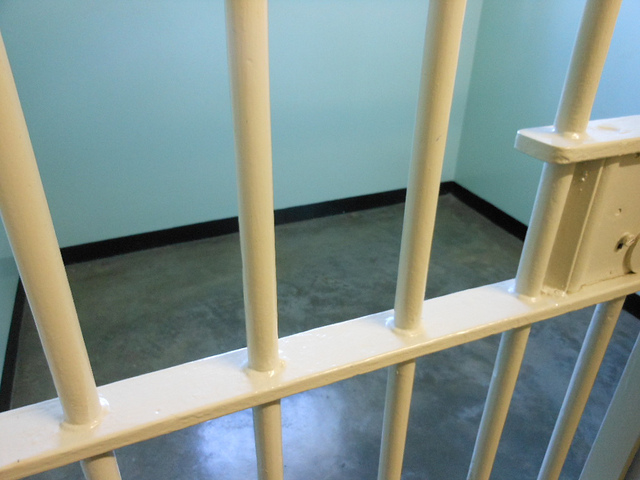From KERA News:
On any given day, about 5,000 inmates are held in Dallas County’s Lew Sterrett Justice Center. A third of them have some kind of mental illness.
‘Jail was meant for people we’re afraid of’
“So you have 1,500 people who need some kind of attention other than being in jail,” said Dallas County Sheriff Lupe Valdez.
Valdez has been in office and has run the jail for 12 years, and during that time, she’s said over and over again that jail isn’t meant for people struggling with addiction or mental illness.
“Jail was meant for people we’re afraid of,” she said. “I don’t want to be a mental health hospital. I don’t want to be a medical hospital.”
The Dallas County jail is, in fact, the second largest mental health treatment facility in Texas – after the Harris County Jail in Houston. Many of the inmates ended up there as a result of crisis intervention – or mental health – 911 calls. In the city of Dallas alone, there were about 14,000 of these calls in 2016 – up 2,000 from the year before, according to the Meadows Mental Health Policy Institute.
Police officers are typically the first to respond to these calls, and while some are trained to handle psychiatric crises, Valdez said many aren’t. So often, cops take people directly to jail. Valdez said since jails aren’t properly equipped to care for mentally ill inmates, the majority of them – roughly 75 percent – will cycle back several times in their lives.
“We’ve done jail and criminal justice for hundreds of years a certain way. It hasn’t changed much. It hasn’t rehabilitated people. What we need to do is try and find ways to redirect people so that they don’t continue coming to jail,” Valdez said.
















